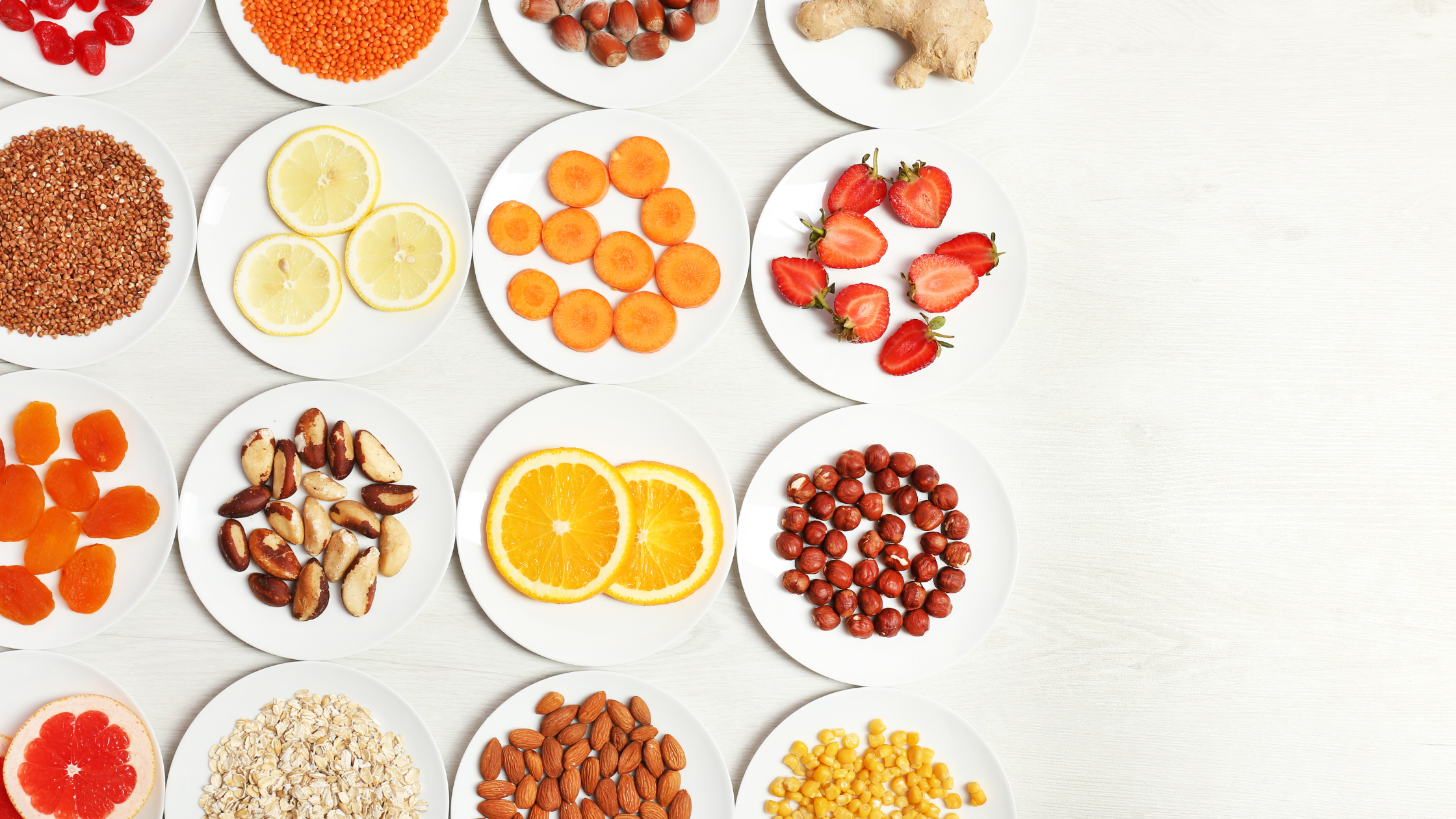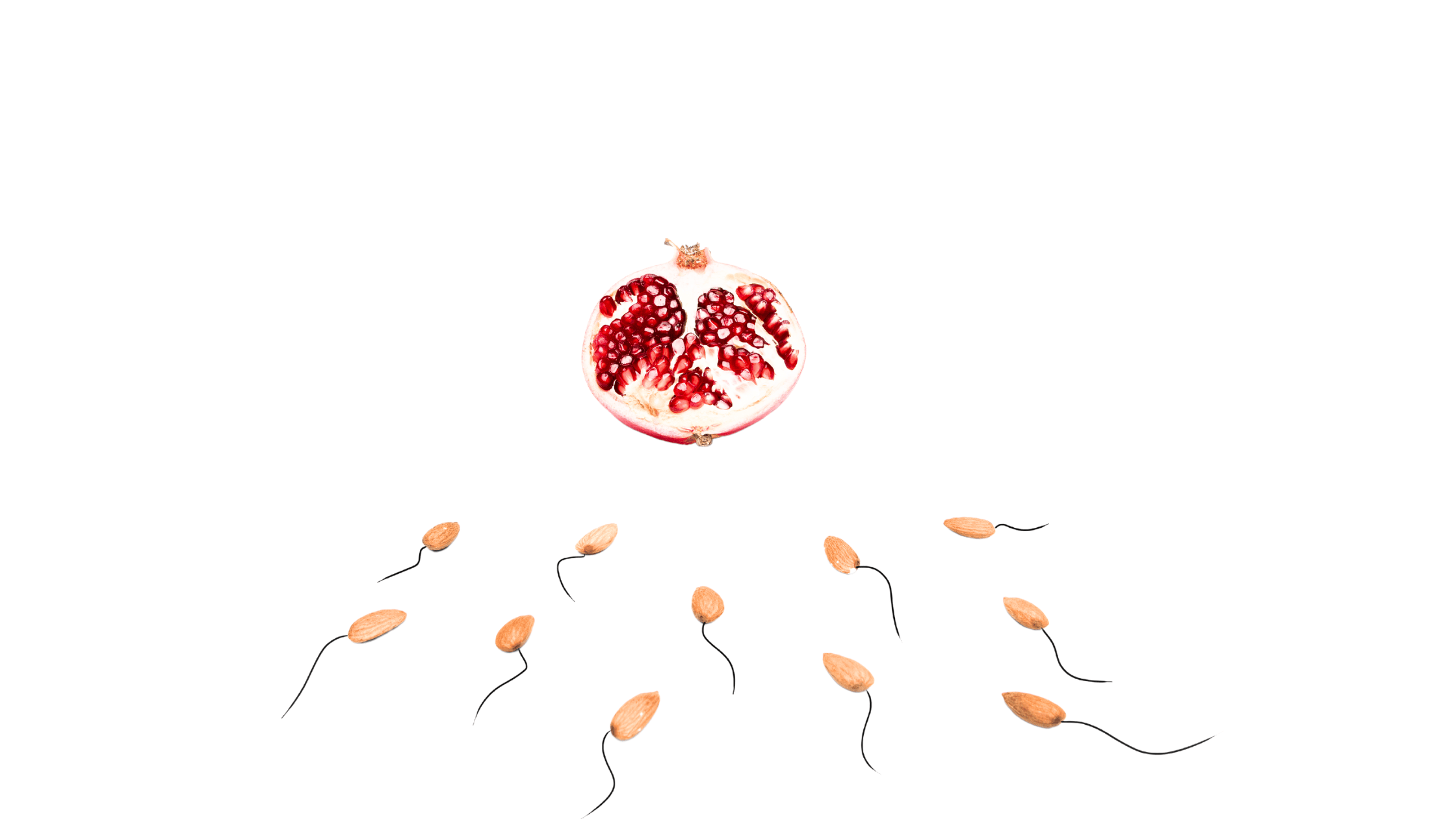In part 1 of this series, we spoke about the protective benefits of Melatonin (a vital hormone that doubles as an antioxidant), and how it can help to improve pregnancy and live birth rates.
This week we are diving into one of my favourites – Beta-Catotene – think carrots, squash, pumpkin, and sweet potato. These help to reduce oxidative damage the body critical for supporting improved egg and sperm health.
Stay with me to find out how else they can impact impact your fertility
But first let’s geek out a bit and remind ourselves that antioxidants have been shown to improve time to pregnancy in women and have beneficial effects on sperm parameters. Overall, antioxidants seem to help mitigate oxidative damage to cells and therefore improving pregnancy rates. And this study shows us exactly that – “increased intakes of β-carotene, vitamin C, and vitamin E were associated with TTP (time to pregnancy)”.
This study in the Journal of Nutrition and Metabolism is absolutely jam-packed with human and animal studies suggesting that the beneficial impact on beta-carotene is far reaching – here are some of the highlights.
- a diet containing ∼400 mcg of antioxidants from orange-colored fruits such as mandarins, oranges, and peaches may have the potential to delay age-related ovarian deterioration by 1.3 years.
- A large as part of Nurses’ Health Study II demonstrated that women who had ≥1 servings of citrus (eg mandarin, orange, tangerine) fruits/day had a 22% lower endometriosis risk compared to those consuming <1 serving/week.
- Carrots in particular have been associated with improved estrogen metabolism- good news for estrogen dominate women. Additionally, promising associations between beta-carotene and improved ovarian health are being examined in animal models.
- For couples being treated for unexplained fertility, supplementation with beta-carotene (and other antioxidants) in women has shown to reduce time to pregnancy.
- For those struggling with insulin resistance, a greater intake of orange foods was associated with a reduced risk of insulin resistance- great news especially for many women with PCOS.
Long story short, eat your orange foods!
These include: carrots, yams, pumpkin, turmeric, citrus, peaches, mango, papaya. Aim for a minimum of 2 servings per day.
Enjoy!
Other articles/recipes you may enjoy:
How to Improve Egg Quality When TTC





